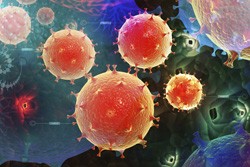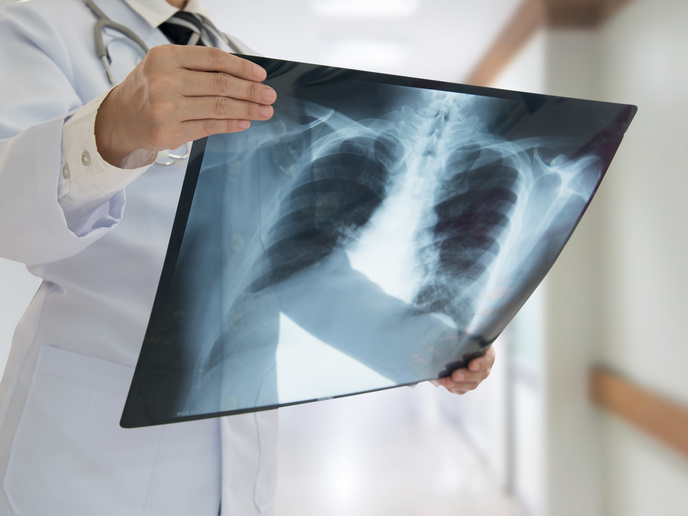New era in microbiology diagnostics
NGS technology entails the high-throughput parallel sequencing of many samples with several advantages for diagnostic microbiology. These include the ability to concurrently identify multiple microorganisms within one sample as well as viral traces. The incorporation of NGS technology into diagnostic laboratories to sequence whole pathogen genomes is expected to aid both patient management and health. The scope of the EU-funded PATHSEEK (Automated next generation sequencing for diagnostic microbiology) project was to develop an NGS-based platform that can deliver clinically relevant information on all possible drug resistance mutations within 24-48 hours. The setup comprised a nucleic acid enrichment step, where small 120bp RNA probes or baits were used to pull out pathogen-specific genetic material, whereas human and commensal DNA were discarded. Evaluation of the platform on eight key pathogens involved the comparative analysis of nearly 2 500 samples. Results demonstrated clinically-relevant sensitivities at read depths that were informative for clinical management and outbreak monitoring. To overcome current bioinformatics limitations that hinder the diagnostic use of NGS methods, the consortium developed a standardised and automated sequence data analysis pipeline with a user-friendly interface and reporting format. The PATHSEEK platform was successfully implemented for the routine diagnosis of antimicrobial resistance and nosocomial transmission detection in two UK hospitals. Furthermore, one of the partners offered the platform as a centralised service to academia, diagnostic and public health laboratories. Overall, the clinically-relevant turnaround time and the capacity to detect all possible drug resistance mutations make the PATHSEEK platform ideal for routine diagnostics. In addition, the whole genome sequencing data generated could help identify novel resistance mutations in clinical samples of patients' refractory to treatment with certain antimicrobial drugs.
Keywords
Microbiology, diagnostics, NGS, PATHSEEK, drug resistance mutations







